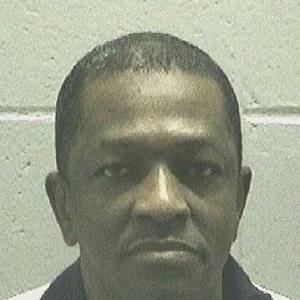
On October 13, the U.S. Supreme Court agreed to hear Holland v. Florida, a case raising the question of “whether ‘gross negligence’ by a state-appointed defense attorney in a death penalty case provides a basis for extending the time to file a federal habeas challenge, in a case where the habeas plea was filed late despite repeated instructions from the client.” (scotusblog.com). In his petition for certiorari to the Court, the defendant stated, “Despite the State of Florida’s promise to Petitioner that he have counsel to competently and effectively represent him in both his state and federal postconviction litigation, a promise that would be purportedly enforced by judicial monitoring, Petitioner’s state collateral attorney, Mr. Collins, failed to timely file a (habeas corpus) §2254 petition on behalf of Petitioner.” The defendant then filed his own petition for habeas corpus and, while admitting it was filed late, asked that the deadline be extended because of the serious error by his appointed attorney.
(See Scotusblog, Albert Holland v. State of Florida, No. 09-5327, Oct. 13, 2009; Petition for Writ of Cert. to 11th Cir., May 13, 2009, at 8-10)). On the same day, the U.S. Supreme Court heard arguments in an Ohio case, Smith v. Spisak. See other Supreme Court news or read about Supreme Court decisions in 2009; see also Representation.
United States Supreme Court
Mar 22, 2024

Women’s History Month Profile Series: Carol Steiker, Harvard Law School Professor
United States Supreme Court
Dec 05, 2023



